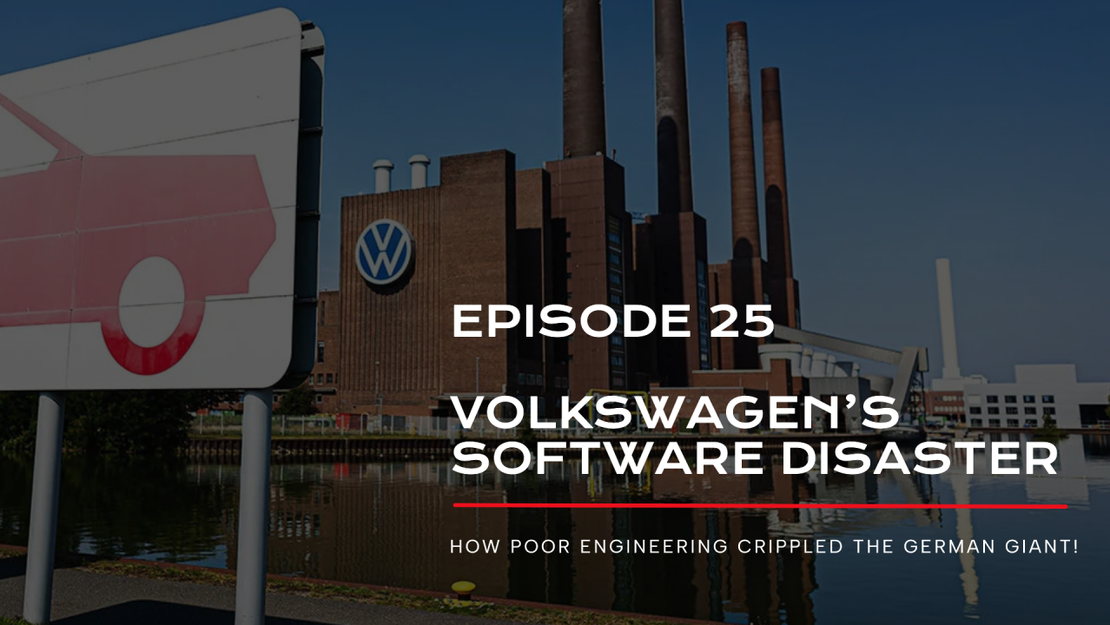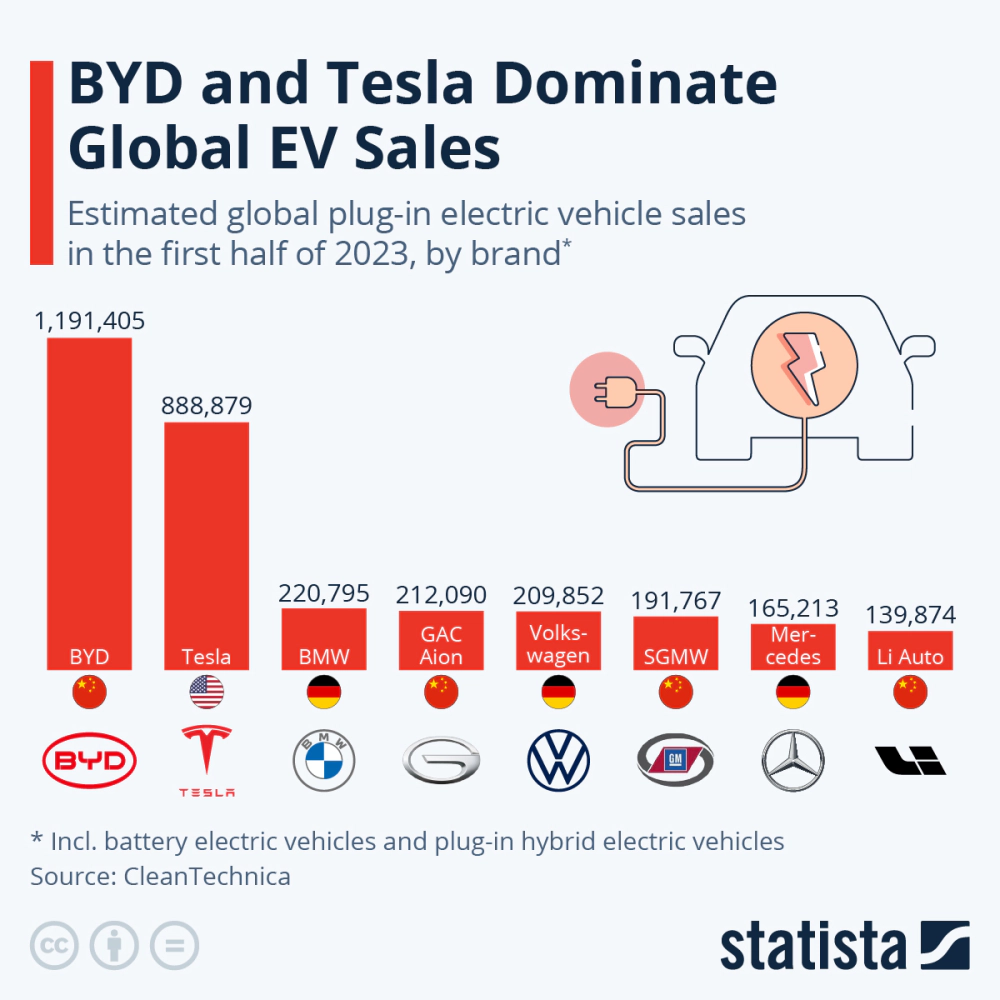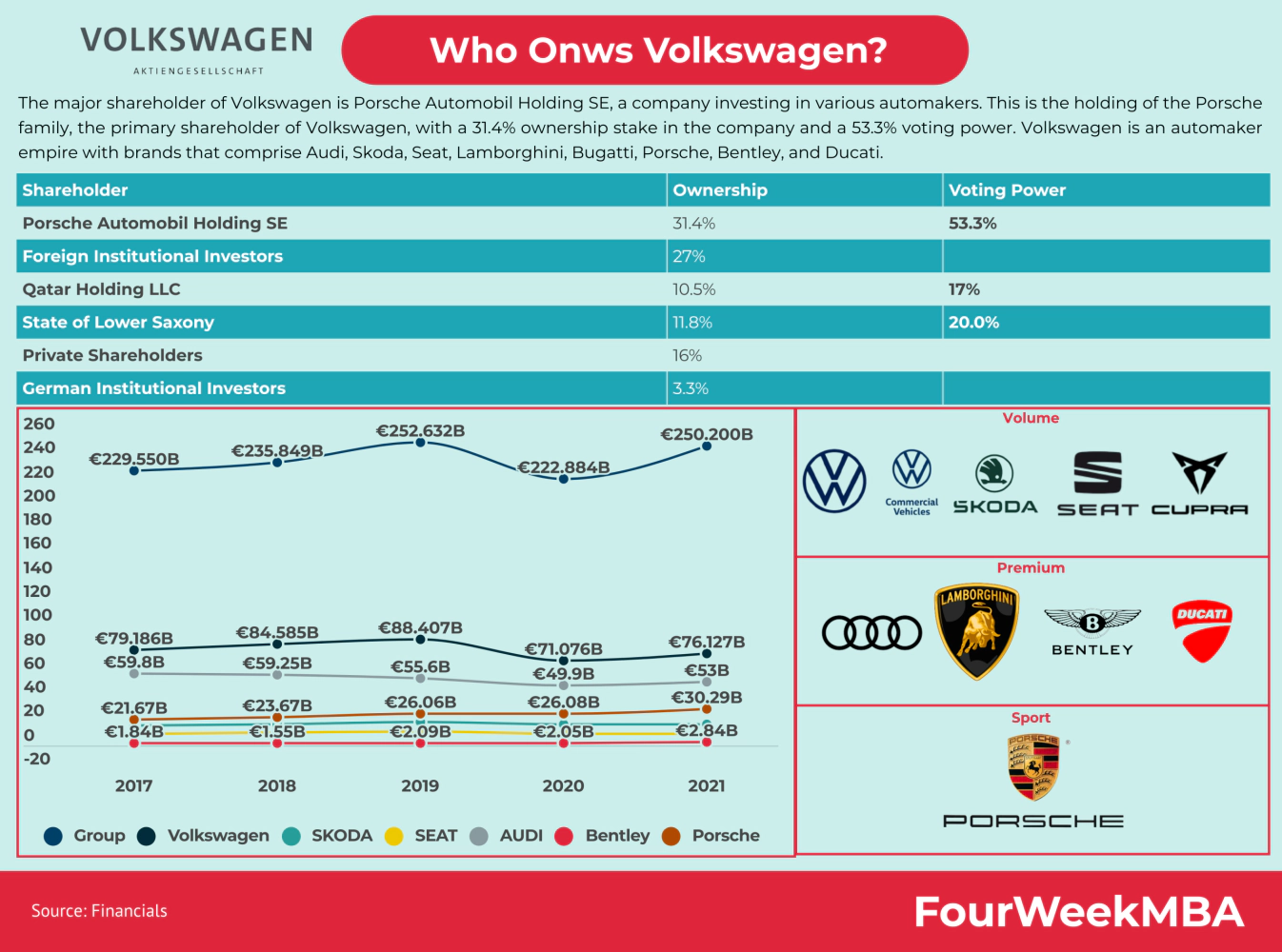Visionary Digital Evolution Strategist
Rooted in Formula 1 excellence, with over 30 years in IT starting as a child in the 1980s, …

Hey there, digital warriors! ⚔️
Welcome back to the Forge of Unicorns! Last time, we blew the lid off the AI code generators market, exposing how relying too heavily on AI-generated code is a one-way ticket to Disasterville 🚨. Remember the shocker? No tests. Zero. Nada. Code straight out of the AI box without a single test 🥴. Brown code, baby—since day zero! 💥
But today? Buckle up, because we’re about to dive into something way bigger—how economic crises and sloppy software development are a fatal combo. And what better case study than the drama unfolding at Volkswagen? For the first time in history, this German giant is shutting down two of its factories. Why? Sure, they’ll say it’s the economy, post-COVID market shifts, or a desperate need to save €10 billion by 2026. But we know there’s a bigger, messier problem hiding under the hood:
A software disaster that’s tearing VW Group apart.
Let’s break it down. 💥
Volkswagen, the legendary German powerhouse, is in meltdown mode as it tries to navigate the EV revolution. And yeah, you read that right—VW, the poster child of industrial strength, is in full-blown crisis. Why? Well, it’s all down to the brutal new reality of the EV market. The move from petrol to electric isn’t just about building cars anymore—it’s about controlling the software that drives them. And let’s just say VW’s software journey has been…rough. 😬
In an attempt to salvage their EV game, VW went all-in on vertical integration—trying to do more in-house like their competitors. This led to the creation of two spin-offs: ☝️ PowerCo, dedicated to cutting battery production costs, and ✌️ Cariad, meant to centralize software development across all of VW’s brands. On paper, it looked like a genius move.
In reality? Well, it’s spiraled into a financial black hole. Instead of revolutionizing the market, VW Group is now in full-on damage control, laying off thousands of workers across Europe and facing one of the biggest crises in its history.

Making EVs isn’t just about building sleek, futuristic cars anymore. The real heart of the operation? Software. Software controls everything in EVs—from power distribution and autonomous driving to infotainment systems and the overall user experience. And here’s where Volkswagen hits a brick wall.
Trying to tackle the software game with old-school, industrial strategies? That’s where it all goes wrong. 🚧
VW funneled billions of euros into its brand-new software division, Cariad, hoping it would fix their tech issues. 🚨 Spoiler alert: it didn’t. What works for building petrol-powered cars just doesn’t translate to the fast-moving, constantly evolving world of software. VW’s failure to adopt the right mindset—a software-first, agile, and innovation-driven one—was their downfall.nIn the tech world, we talk about the “unicorn mindset”—agility, cross-functional teamwork, and rapid innovation. This is what VW needed to compete in the EV market, but instead, they clung to outdated management practices. The result? A slow, clunky system that drained cash and drove the once-invincible Volkswagen Group to shaky ground. To make things worse, VW knew their software division was failing miserably, upsetting loyal customers across all their brands. Just ask the frustrated owners of the VW Tiguan (since 2018 the best-selling model of not just Volkswagen range but across the entire auto group), who were left to troubleshoot key-pairing and infotainment issues on their own. The worst part?
The company saw it coming but didn’t pivot quickly enough.
When it comes to electric vehicles (EVs), the real battle is fought in software, and this is where Volkswagen has hit a major roadblock. While Tesla and BYD are turning their cars into cutting-edge, data-driven machines, Volkswagen has struggled to deliver a software system that works.

Their problem?
Cariad, which was supposed to be the solution, has instead become the source of catastrophic delays and ballooning costs.
Let’s not sugarcoat it: Volkswagen’s software issues are causing massive headaches for its customers. Owners of the ID.3 and ID.4 are flooding support forums with complaints about everything from glitchy multimedia systems to delayed or even broken software updates. It’s not just an annoyance—this has resulted in recalls of over 100,000 ID.4s.
But it gets worse. The delays and failures at Cariad have impacted Volkswagen’s premium brands, like Audi and Porsche. For example:
The E³ platform, which was meant to unify all software across VW’s various brands, has been plagued by issues:
Volkswagen knew they needed a drastic shift to keep up with the competition in the EV race. As Tesla and BYD built everything in-house, from batteries to software, VW was stuck relying on third-party suppliers. With only 35% vertical integration compared to Tesla’s 70%, VW had to play catch-up fast.
On paper, the PowerCo and Cariad spun-off seemed a genius move. PowerCo was meant to cut battery production costs and secure a steady supply chain, while Cariad was tasked with revolutionizing VW’s software stack, unifying and integrating everything from autonomous driving systems to vehicle connectivity across their luxury brands like Audi and Porsche. But in reality, things went south fast.

Cariad turned into a black hole for VW Group’s money. After four years and a staggering €6-7 billion in losses, it failed to deliver on its promises. Their much-hyped E³ platform, which was supposed to bring the software in-house, couldn’t even make it to the starting line for several key projects. VW Group had to hit the brakes on flagship models like the Audi Q6 e-tron and Porsche Macan EV.
To contain the damage, Cariad was forced to cut 2,000 jobs—nearly a third of the workforce—while also slashing 20% of costs annually until 2028. 🤦🏻 This was an old-school cost-cutting measure to mitigate the damage of a failed integration strategy, but the root issue persisted:
VW wasn’t a software company. Their approach to building software was still too rigid and lacked the agility needed in the fast-paced EV market.
Despite these layoffs and cost cuts, Cariad remained a massive financial sinkhole, and the delays in production were hitting VW’s bottom line hard. It was clear: the dream of an integrated software powerhouse had turned into a nightmare.
By 2024, VW’s software struggles were too big to ignore. Billions of euros sunk into Cariad had led to nothing but delays and broken promises. So, what does a company like VW do when their in-house efforts flop? They look for help from a company that’s already crushing it—enter Rivian.
Rivian, an EV unicorn, has been thriving because of its software-first mindset. Unlike VW, Rivian operates with an engineering culture that’s rooted in Agile, DevOps, and Test-Driven Development (TDD). Their vehicles are essentially rolling platforms, built to evolve through over-the-air updates and real-time data integration—something VW has failed to implement with Cariad.
This $5 billion partnership isn’t just about saving face for VW—it’s about tapping into Rivian’s unicorn mindset. Rivian’s ability to continuously innovate and deliver modular, scalable software is exactly what VW needs to remain competitive in the fast-paced EV market. The stark difference between Rivian’s modern engineering practices and VW’s traditional, slow-moving approach made this partnership VW’s only shot at catching up.
Rivian wasn’t just a choice, it was VW’s lifeline to fix their software disaster.
Volkswagen is paying dearly for treating software like just another product line instead of the backbone of their entire EV strategy. What did that mistake cost?
An astronomical €11 billion in sloppy software development—€6-7 billion burned by Cariad alone, with an additional €5 billion spent on trying to save face by partnering with Rivian.
But that’s just the beginning. The delays caused by Cariad’s inability to deliver have triggered massive revenue losses. Each postponed launch represents hundreds of millions in lost revenue. When you stack all of those missed opportunities together, VW’s total financial hit could easily exceed €20 billion—a staggering sum for a software failure of this scale .
Volkswagen’s software gamble didn’t just blow a hole in their wallet—it left their EV strategy in tatters, forcing the company to rethink everything from the ground up.
Volkswagen’s colossal software failure has made one thing crystal clear:
Software is the beating heart of any modern organization—especially in the electric vehicle space.
Treating it as an afterthought or, worse, just another cost center, is a recipe for disaster. With forecasted €20 billion lost due to delays, failed launches, and poor management, VW’s attempt to treat software like traditional manufacturing has cost them dearly.
But this isn’t just a lesson for VW—it’s a wake-up call for every company stepping into the digital age. The future of any organization, regardless of industry, lies in how well they integrate and treat software as an engineering masterpiece, not a cost to be managed.
That’s exactly why at BriX Consulting, we built our Unicorns’ Ecosystem with the Software Craftsmanship Dojo® at its core. We know that building exceptional software isn’t just about writing code—it’s about evolving entire organizations, embedding software excellence across every layer, from leadership to development teams. Our holistic approach focuses on treating software as a critical asset, integrating agile and XP methodologies, DevOps, and craftsmanship principles to ensure businesses thrive in this ever-evolving, tech-driven world.
Unlike VW, we foster a culture that sees software as a masterpiece in engineering—because when software is approached the right way, it becomes a catalyst for growth, not a drain on resources.
To stay in the loop with all our updates, be sure to subscribe to our newsletter 📩 and podcast channels 🎧:
🎥 YouTube
📻 Spotify
Visionary Digital Evolution Strategist
Rooted in Formula 1 excellence, with over 30 years in IT starting as a child in the 1980s, …